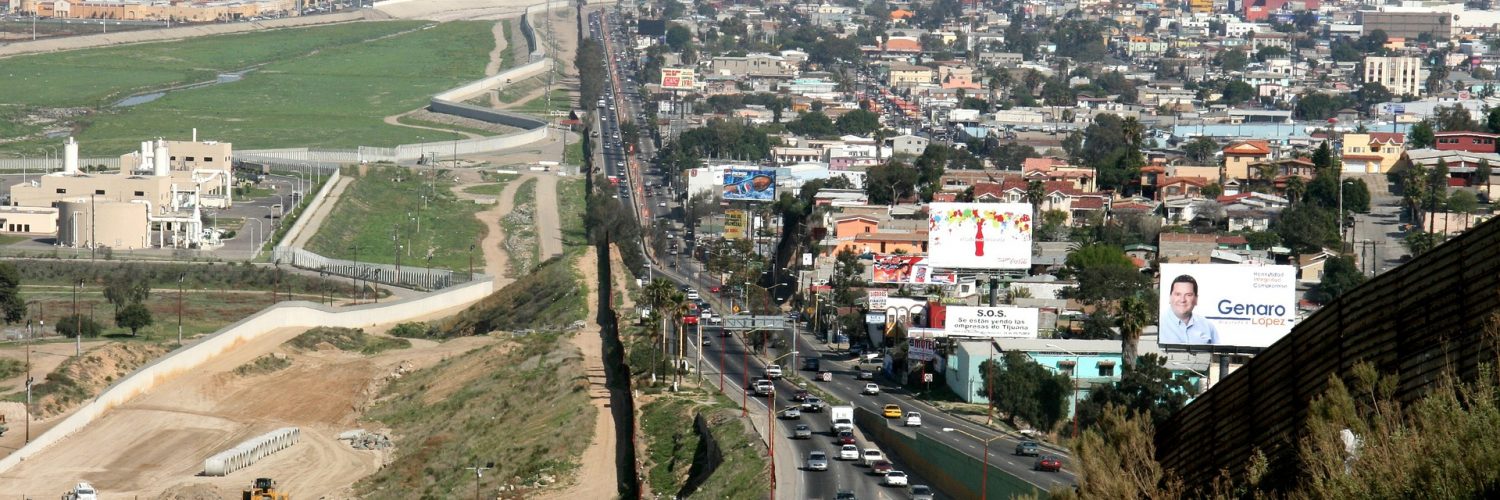The upcoming ratification and implementation of the United States-Mexico-Canada Agreement (USMCA) will provide new momentum for trade in North America; however, this agreement will also pose challenges for economic sectors that require modernization. In the case of Mexico, the importance of increasing and improving highway infrastructure stands out, particularly those corridors that connect the production centers with the ports of entry located on the border with the United States.
This need is even more visible in the light of some international comparatives such as the road infrastructure index of the World Economic Forum (WEF). Although Mexico has made some important achievements in terms of connectivity, it is still lagging behind on issues such as the quality of its infrastructure, ranking 47th out of 140 countries.
In Mexico, 56% of the cargo and 97% of the passengers are mobilized through the highway system. The commercial dynamics in the North American region will strengthen those trends and will force Mexico to improve its transportation network in the short-term. It will also require resources by the federal government, in an environment of complex and challenging budgetary restrictions. President Andrés Manuel López Obrador’s administration has decided to undertake a crusade to reduce the great economic and social inequalities that persist in Mexico. The new government is allocating unprecedented resources for a number of social programs. Regarding the communications and transportation sectors, the wise but arduous task of concentrating resources for maintenance and conservation of this infrastructure has been imposed. This policy includes an extraordinary investment to reconstruct and to maintain more than 600 rural roads in the southern parts of Mexico.
The private sector serves as an important ally to President López Obrador to accomplish these goals. Mexico has a legal framework that has been able to attract private capital to develop highway infrastructure through Public-Private Partnerships (PPPs), more specifically through the concessions model. Over the last two decades, private concessionaires have invested nearly $20 billion USD in the construction of almost 6,000 km of highways along the federal and state networks. In the same way, year after year, highway concessionaires invest more than $200 million USD on conservation and maintenance. The development and modernization of the Mexico-Nogales corridor with a branch to Tijuana is a good example of how the implementation of PPPs can improve efficiency and competitiveness. Important projects such as the Atizapán-Atlacomulco highway (in process), the Guadalajara, Tepic, Mazatlán, Obregón and Hermosillo bypasses, as well as the modernization of some sections at the Don-Nogales highway, have been financed through PPPs. This infrastructure, coupled with the investment committed at the Nogales Bypass, will generate a much better connectivity to benefit trade between Mexico and Arizona.
It is vital to have the right legal and institutional frameworks in order to provide certainty to investors. The PPP act of 2012 and other laws have provided relevant incentives to develop the nation’s highway infrastructure. It is no coincidence that important financial players, such as large international pension funds and other institutional investors are partners with the main Mexican highway concessionaires. However, Mexico has to strengthen its regulatory framework, by addressing relevant issues such as “right of ways” and “rule of law”, as well as to redefine risk allocations between government and private investors.
Under extraordinary budgetary constraints and a historic reallocation of public funds to the much-needed war against poverty, the private sector is ready to provide its expertise and investment to significantly improve the Mexican highway network. In order to respond to the new economic dynamics and the challenges posed to the North American region, it is fundamental to have more efficient, safe and secure roads within Mexico. The private highway concessionaries will continue working with the government to successfully solve these tasks and provide exceptional service to the public.
Marco Antonio Frias Galvan is the president of the National Association of Highway Concessionaires of Mexico.
















Add comment